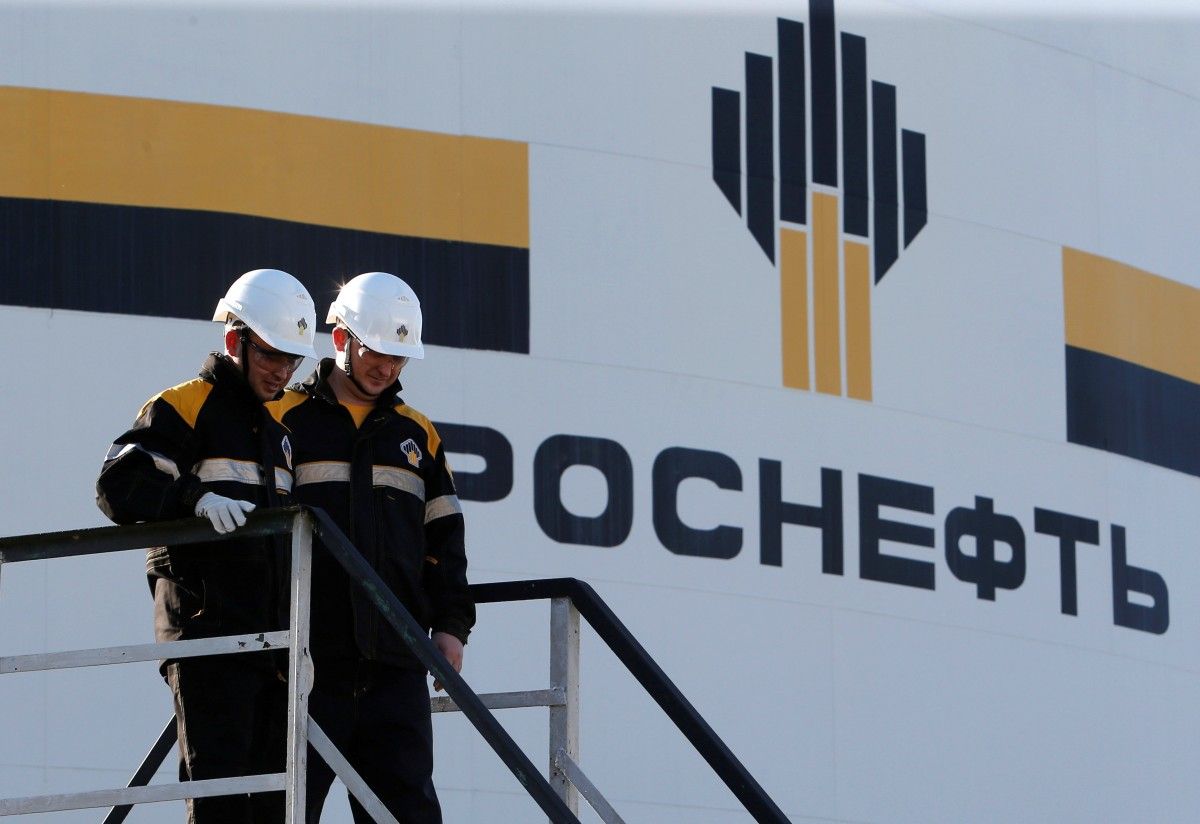
State-owned Rosneft holds a 49.9 percent stake in Citgo as collateral for a loan last year of about $1.5 billion to the OPEC nation, which is reeling from low oil prices and a severe recession, Reuters reported.
The arrangement with Venezuela's state-owned oil firm, PDVSA, has drawn fire from U.S. senators who do not want Russia in a position to own a substantial stake of U.S.-based energy assets in potential violation of existing economic sanctions.
Read alsoU.S. Treasury fines ExxonMobil $2 mln for breaching Russia sanctionsThe negotiations took on more urgency this week, one of the sources told Reuters, when U.S. President Donald Trump threatened to impose "strong economic actions" on Venezuela unless embattled leftist President Nicolas Maduro aborts plans to establish a new legislature with powers to rewrite the nation's constitution.
Such sanctions, which could include a ban on U.S. oil imports from Venezuela, could undermine Citgo's business model and threaten Venezuelan or Russian ownership of the U.S.-based firm in the long term.
Under a new proposal being discussed this week in Moscow by top executives from Rosneft and PDVSA, the collateral stake in Citgo would be exchanged for a package of eight key deals, one of the sources with knowledge of the talks said.
Under the proposal, Rosneft would also be allowed to preside over its joint ventures with PDVSA on a rotating basis and be in charge of procurement for major purchases. That would give Rosneft more control over operations – something foreign minority partners have craved in Venezuela for years, one of the sources told Reuters.
Read alsoReuters: Oil steady as Brent crude hovers below $50 ahead of OPEC meetingForeign oil executives frequently complain of delays, inefficiencies, and opaque procurement contracts at joint ventures that are majority owned by cash-strapped PDVSA.
Venezuela's Oil Ministry, PDVSA, and Citgo did not respond to requests for comment. Rosneft declined to comment.
Both countries have a strong incentive to end the current collateral agreement.
The deal in place now means that Rosneft – which has been under U.S. sanctions since 2014 – would be among the top creditors should the government of Venezuela default on its bondholders.
Senators have questioned whether the deal could violate U.S. sanctions – designed to punish Moscow for aggression in Ukraine – if Rosneft ever collected the collateral.
It has also drawn objections from foreign companies seeking compensation for nationalizations by the socialist government of Venezuela under the late Hugo Chavez.

